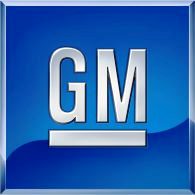Taxpayers have just received another $2.1 billion check from General Motors, bringing to more than $23 billion the amount the once-bankrupt maker has repaid to taxpayers for last year’s government bailout.
That still covers less than half of the government’s $49.5 billion investment, however, and it remains to be seen how much of the rest will be recovered by the Treasury.
GM sold off a bit more than a half of the federal government’s 60% stake as part of last month’s initial public offering. But the maker and its White House partners are hoping that subsequent share offerings will command a yet-higher price.
Though the bailout has continued to be controversial, surveys show that more Americans now support than oppose the government’s efforts to save the failing maker, which plunged into Chapter 11 protection in May 2009 and emerged two months later minus billions of dollars in debt.
The bailout “was essential to preventing a devastating collapse of the American auto industry and saving more than 1 million American jobs,” the Treasury’s acting assistant secretary for financial stability, Tim Massad, said in a statement.
The latest repayment comes as GM repurchases preferred shares issued under the Troubled Asset Relief Program. As a result of a stock split that heralded the November IPO, the government now holds just over 500 million shares of General Motors stock.
The company saw its stock slip to $33.61 at the close of Wednesday trading. That’s up about 2% from the IPO strike price of $33 a share, but down from a post-offering high that approached $35.
The IPO and subsequent overage raised $23.1 billion, making the automaker’s return to public trading the largest initial public offering in American business history.

